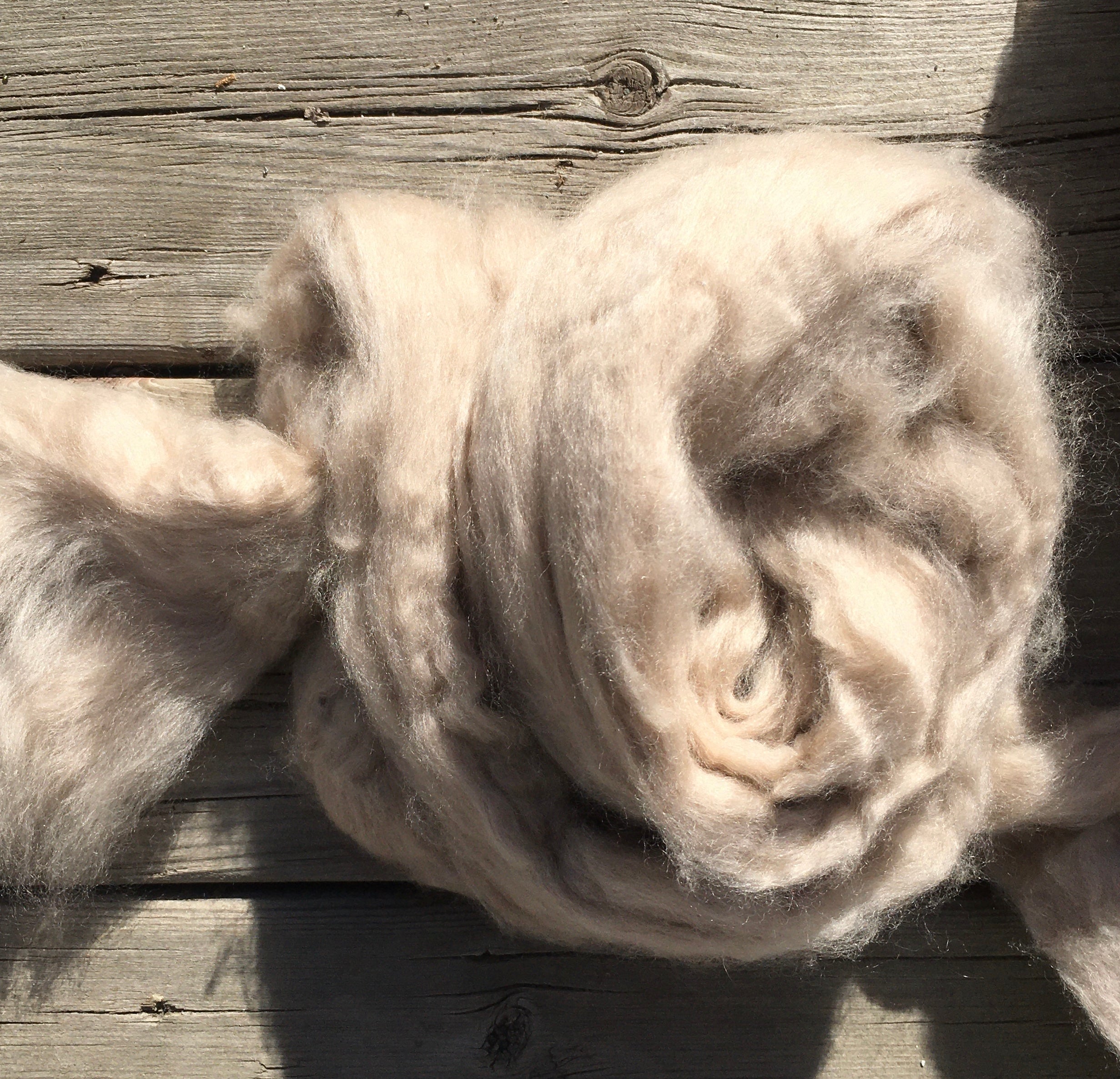What Makes cashmere a Perfect Choice for High-End Fashion and Comfort?
What Makes cashmere a Perfect Choice for High-End Fashion and Comfort?
Blog Article
Recognizing the Different Kinds of Cashmere an All-natural Fiber and Their Distinct Advantages

The Origins of Cashmere: A Historical Review
While the glamorous touch of cashmere continues to charm contemporary customers, its origins trace back to the severe, chilly climates of Mongolia and the Himalayas. For centuries, the aboriginal peoples of these areas have been raising Capra Hircus goats, the prime resource of cashmere woollen. These goats, resistant against the serious winters, grew a great undercoat to make it through, which later ended up being known as cashmere.

The Manufacturing Process: From Goat to Garment
Shearing a Capra Hircus goat notes the creation of the detailed cashmere manufacturing procedure. This delicate treatment usually takes place yearly throughout springtime. The penalty, soft undercoat is then divided from the coarser external hair, a procedure referred to as dehairing. The resultant raw cashmere is then cleaned to eliminate contaminations such as oil, veggie, and dust matter.
The tidy fiber undergoes coloring, rotating, and weaving, or knitting, to transform it into a textile. Facility treatments such as top quality control checks and ending up procedures comply with, guaranteeing completion product keeps the luxurious criterion anticipated of cashmere. This meticulous process, from goat to garment, justifies the high expense connected to cashmere products, making them a symbol of luxury and improvement.
The Different Sorts Of Cashmere: An In-depth Evaluation

The One-of-a-kind Advantages of Cashmere: Convenience and Sustainability
Relocating from the range of cashmere types to the advantages they supply, comfort and sustainability stand out plainly. Cashmere, a natural fiber, is renowned for its unparalleled softness, providing a level of convenience that synthetic fibers can't match.
When it involves sustainability, cashmere is renewable and what material is cashmere biodegradable, as it's harvested from cashmere goats that regrow their layers annually. what is cashmere. Unlike synthetic fibers which can take hundreds of years to break down, cashmere's influence on the environment is marginal. This combination of comfort and sustainability makes cashmere a helpful option for conscious customers

Taking Care Of Your Cashmere: Maintenance and Conservation Tips
While cashmere is most certainly a lasting and elegant option, it requires particular care to maintain its quality and extend its lifespan. To start, cashmere need to be hand washed using cold water and a moderate detergent. Cashmere items should be stored in a awesome and completely dry place, away from direct sunshine and moisture.
Purchasing Cashmere: Comprehending Its Worth and Well Worth
Although cashmere might at first appear like a costly investment, its long-term worth and worth come to be evident when you consider its amazing qualities. Recognized for its exceptional gentleness and warmth, cashmere is a premium natural fiber that exceeds other materials. Its high need and restricted supply add to its high cost, but its durability ensures it lasts for several years, using exceptional value for cash. Cashmere items are timeless, usually coming to be heirlooms passed down through generations. what is cashmere. Its natural protecting buildings offer heat without the bulk of synthetic fibers. Purchasing cashmere, consequently, is not almost existing fashion patterns, yet concerning accepting a sustainable, durable, and glamorous way of living.
Conclusion
In summary, the type of cashmere one chooses, be it Mongolian, Chinese, or Italian, is dictated by specific choices for heat, luxury, sustainability, and budget. Recognizing the beginnings, manufacturing process, and unique advantages of different types of cashmere can lead customers in their investment in this elegant natural fiber.
Whether it's the outstanding warmth of Mongolian cashmere, the cost of Chinese cashmere, or the eco-conscious production of Italian cashmere, there's a story to be discovered behind each fiber type. Cashmere, a natural fiber, is renowned for its unparalleled gentleness, giving a level of convenience that synthetic fibers can not match.When it comes to sustainability, cashmere is sustainable and biodegradable, as it's gathered from cashmere goats that regrow their layers every year. Understood for its unparalleled gentleness and warmth, cashmere is a costs natural fiber that outperforms other products. Comprehending the beginnings, production procedure, and unique advantages of different kinds of cashmere can lead consumers in their financial investment in this extravagant all-natural fiber.
Report this page